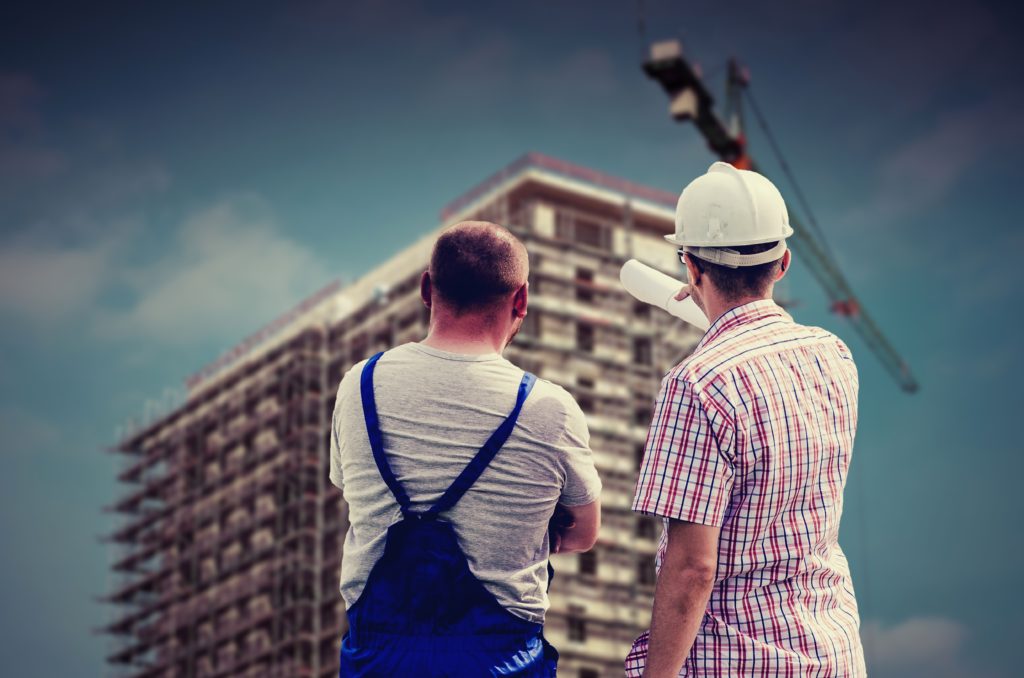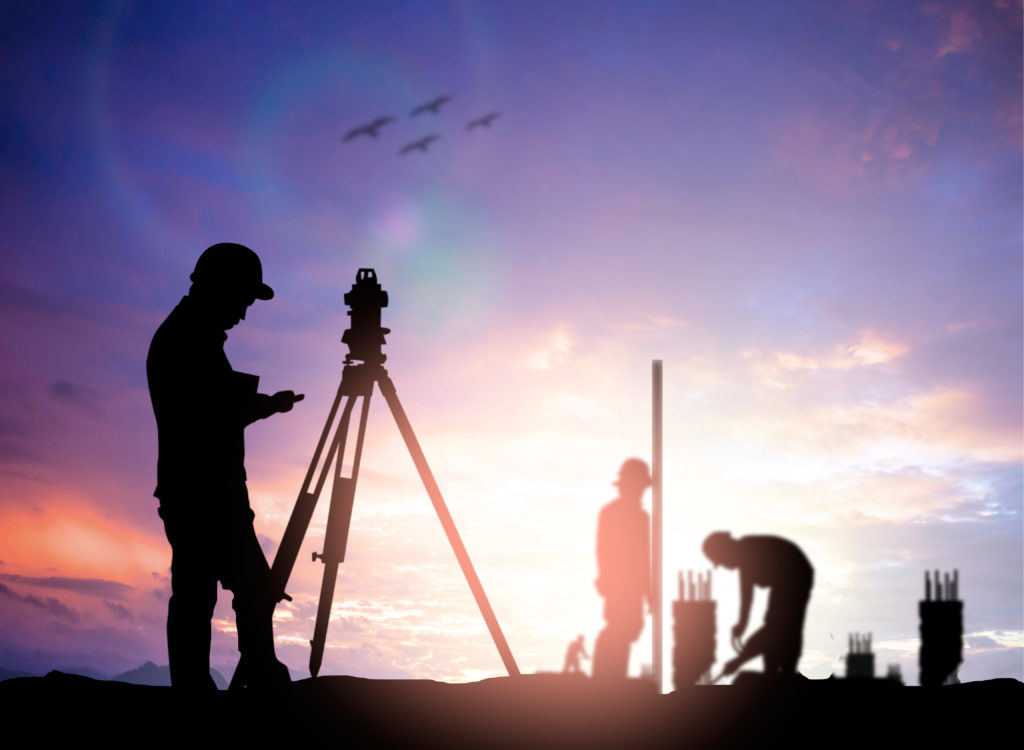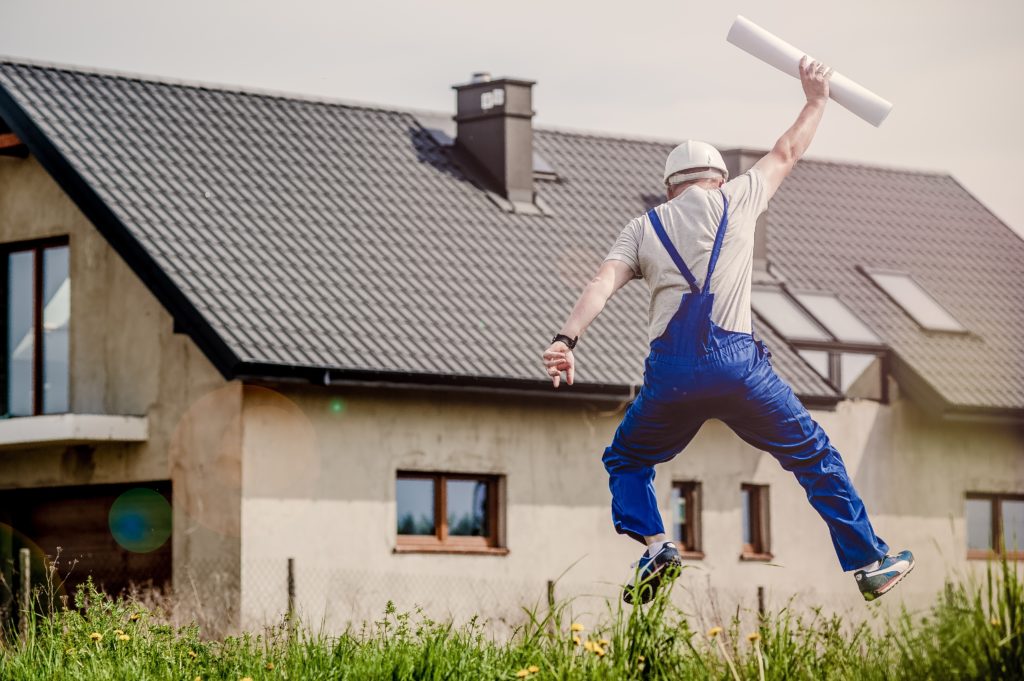
Since construction is a methodical and very technical process, even a simple, tiny, insignificant mistake can wreak untold havoc on a building and send it crumbling to the ground. If you don’t want to end with a pile of rubble, ensure that nothing is overlooked at any stage of the construction. No matter how much your contractor is diligent and careful, there’s always the risk that something could go wrong. With this in mind, independent building inspections help to keep a building project safe and structurally sound. Building inspections can also come in handy if you are considering purchasing a property. It can unearth any faults there may be in the structure and hence, possibly save you thousands down the line.
Who is allowed to carry out building inspections?

Building inspections are conducted by qualified building surveyors and/or building inspectors acting on behalf of building surveyors. As experts in both Building Code and building regulations of their country/state, building surveyors can responsibly carry out an inspection to the required standard and advise on contractual issues and general quality of workmanship.
Although you indeed hire a building surveyor, you should bear in mind that their job is to ensure that everything is done following the relevant standards and regulations. Since they are the ones who both deal with regulatory issues and issue permits and approvals, they will judge the quality of your builder’s workmanship according to what is required in the regulations and standards.
Since inspections are no small feat, be sure to find someone who has all the necessary qualities to conduct your inspection. Things to look out for include:
• Insurance
Ask the consultant if they have insurance in place. Insurance is meant to cover you if something is broken in the house or building. This will safeguard you from big bills should your property be damaged.
• The types of services they offer
Some inspectors inspect only parts of the building and will finish the job within half an hour. But proper building inspections will cover every aspect of a building. From internal roof spaces to under-floor spaces, they will inspect every part that is essential to the building’s structure.
• What their clients have to say about them
The last thing you want is a consultant who is not able to conduct efficient and professional inspections. Because building surveyors are liable for the work they sign off on, most of them are thorough and methodical. But, to be on the safe side, you can ask them for testimonials they have received from previous clients and go through the reviews to discern their level of efficiency. Since speed and efficiency are important for building inspections, you might want to rely on customer feedback when choosing a consultant to work with. Feedbacks tend to reveal how a business is run after all.
What are the different types of building inspections?

Below is a list of the types of building inspections that are often carried out when a construction project is in progress:
• Footing inspection
This involves examining the excavation work done in preparation for the building’s footings. During the inspection of footings formwork, reinforcement and pre-concreting are checked. When examining the formwork, the surveyor will check for strength, water-tightness, dimension and placing. Inspecting footing’s reinforcement, on the other hand, includes checking the quality, size, spacing of the reinforcing bars and the clear cover for them.
• Slab inspection
Slab inspection is about inspecting a building’s concrete slab. Once the concrete is poured, it is impossible to identify issues in the steel and the formwork. Thus, a pre-slab inspection is carried out on a building’s base to curb any mishap from happening before it is too late. This is done before concrete is poured to ensure everything is primed and ready for the installation of concrete.
• Framing inspection
Framing inspection involves inspecting all framing work for a building, whether commercial or residential. During the inspection, the surveyor will examine the full bearing, shim headers, nailing schedules, boring and notching studs, plates and beams, correct hardware and stairs. They will not only check for damage and holes but also verify that that the approved drawings and copies of prior inspection reports are on site.
• Lockup stage inspection
Lockup stage inspections are conducted after the flooring is laid down and after the external wall cladding, roof covering, external doors and windows are fixed. For example, during this stage, the surveyor will thoroughly check that the external wall cladding has been properly fixed and that the roof covering has been correctly installed and fixed. They will also ensure that there is no damage to specially coated surfaces and that all brickworks are level, straight and square.
This is only a brief list of things that will be texted during the inspection. The building inspector will go into greater detail before providing you with a detailed report.



















